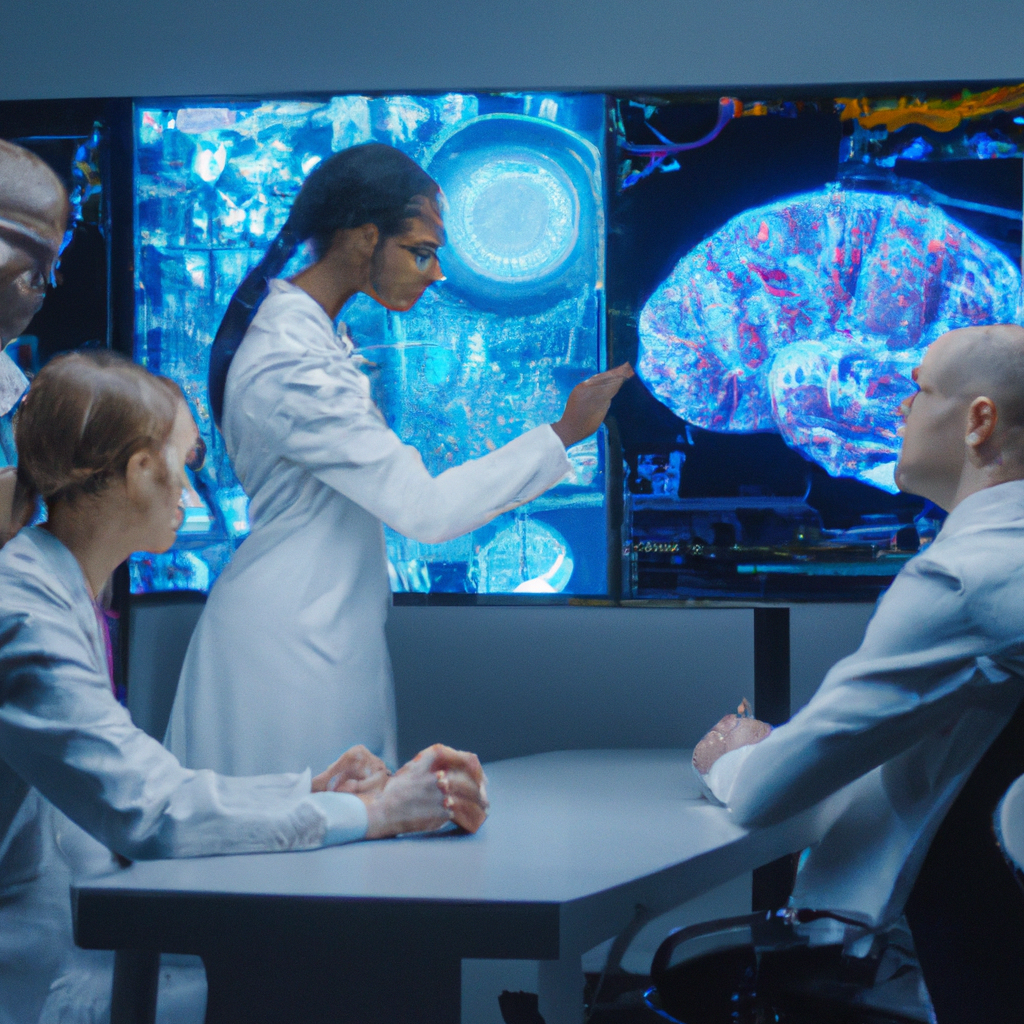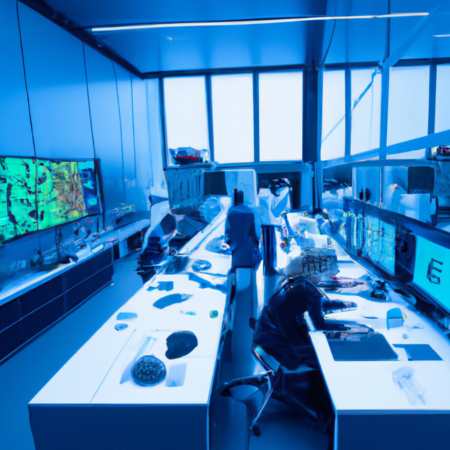Unlocking the Secrets of the Mind: The Future of Cognitive Science in 2025
As we advance into the second quarter of 2025, the field of cognitive science stands at the precipice of revolutionary breakthroughs. The integration of advanced neural networks and enhanced brain-imaging technologies has opened new frontiers in understanding the human mind.
The Evolution of Brain-Imaging Technologies
Recent developments in non-invasive brain imaging techniques, such as multiphoton microscopy and optogenetics, have allowed scientists to observe and manipulate brain activity at unprecedented resolutions. These technologies are not only shedding light on neural pathways but are also pivotal in diagnosing and treating neurological disorders more effectively.
Neuroplasticity and Learning
The concept of neuroplasticity has transformed our understanding of learning and memory. Studies in 2025 continue to explore how neural connections in the brain are rewired and strengthened through learning. This research has profound implications for educational strategies and therapies for brain injury recovery.
Artificial Intelligence and Cognitive Science
AI continues to play a crucial role in cognitive science by modeling complex brain functions and simulating human cognition. AI algorithms are being refined to predict behavioral outcomes, leading to more personalized mental health interventions.
Future Outlook
As cognitive science progresses, the potential for enhancing human intellect and emotional well-being is immense. By 2025, we expect to see more collaborative efforts between neuroscientists, psychologists, and AI researchers, paving the way for innovations that were once considered the realm of science fiction.






